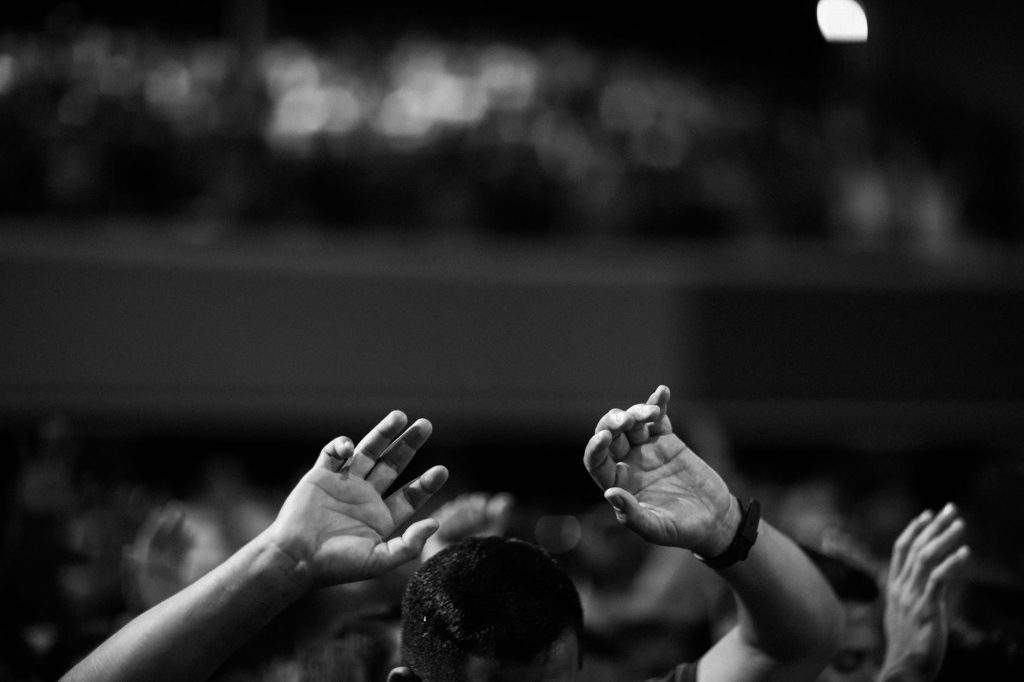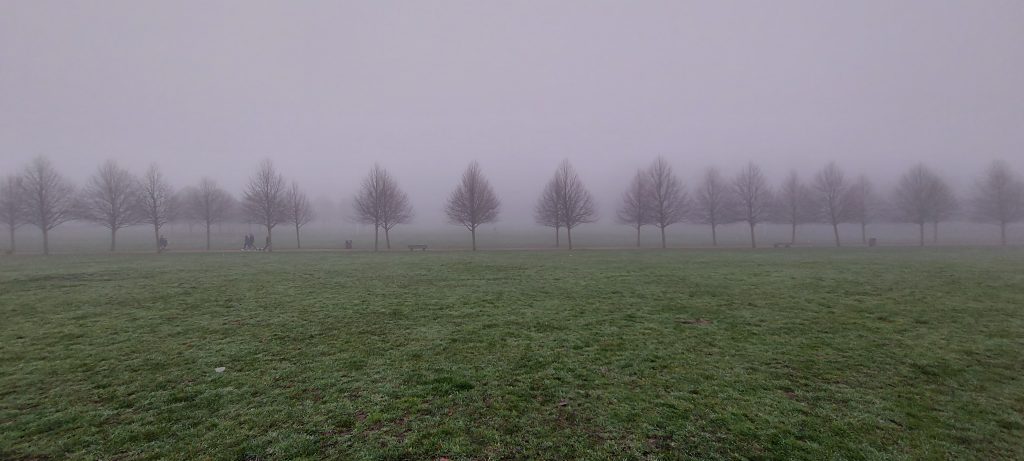So, my journey into Lent fasting as an act of repentance, mourning and contrition, is deepening. And I am learning that it has a strong heritage, even if it’s been generally forgotten or overshadowed by other messages in our current day.
A few days ago, in preparing for Ash Wednesday I came across a liturgy I had never read before, but which is part of the 1662 Book of Common Prayer – called a ‘commination’. They certainly took Lent seriously in those days.
It is an intense liturgy that takes seriously the word of Jesus and of YHWH in both New and Old Testaments. It assumes the seriousness of sin both in terms of the way it separates us from God in the present, but which can also, if not dealt with, ultimately, after the day of the Lord, lead us to eternal separation from God in the age to come.
It is designed to save us from this eventuality and to cause us to do everything possible to rethink our lives and to draw us again to penitence, casting ourselves on the mercy of God, revealed in our Messiah Jesus – our atoning sacrifice.
Here we find a Christianity that takes seriously the future orientation of the New Testament which assumes that the time is short and the day of God’s wrath is real.
This is not easy reading… but it strikes me as being faithful to the whole biblical narrative, from beginning to end… While there is a high degree of discomfort in thinking of an angry God, we ought not to ignore the fact that all down the centuries of recorded scripture God has overtly declared his anger, especially against his Chosen People for their sin in their abandonment of his laws. Prophet after prophet in Old Testament times railed against the Jews for their sins and I have discovered that God’s anger or wrath at sin and sinners is mentioned around six hundred times in the Bible. Taken together we see that God is uniquely holy and cannot abide sin; he loathes the very idea of it and he rightly acts against it in judgement.
In light of this, while holding on to the grace revealed in Christ and the atoning sacrifice that covers all who believe, there follows the longest prayer in the Book of Common Prayer.
Here is an excerpt:
“Therefore, my brothers and sisters in Christ, take notice right now, while the day of salvation lasts! The night is coming, the night when none can work, and nothing can change. Let us, while we have the light, believe in the light. Let us walk as children of the light so that we are not cast into utter darkness, where there is weeping and gnashing of teeth. Let us not abuse the goodness of God, who calls us mercifully to change our ways. In His endless pity He promises us forgiveness of that which is past, but only if with a perfect and true heart we return unto him. For though our sins be as red as scarlet, they shall be made white as snow; and though they be like purple, yet they shall be made white as wool. The Lord says, “Turn from all your wickedness, and your sin shall not be your destruction: Cast away from you all your ungodliness that you have done. Make your hearts and spirits new. Why will you die, O house of Israel, when you know that I have no pleasure in your death?
Turn then—repent—and you shall live. Although we have sinned, yet we have an Advocate with the Father, Jesus Christ the righteous; and He is the propitiation for our sins. He was pierced for our transgressions and stuck down for our offences. Given this wonderful grace, let us return to Christ Jesus. He mercifully receives all truly repentant sinners. We must always remind and assure ourselves that He is indeed ready to welcome us back home. He is most willing to pardon us. But all of this, again, is only if we come back to Him with faithful repentance; if we submit ourselves to him, and from this point on set ourselves to walk in His ways.
We are forgiven if we will take His easy yoke, if we replace the heavy burden of our sins with the light burden He offers us—following Him in lowliness, patience, and love. We must seek to be ordered by the governance of the Holy Spirit. We must always seek His glory and His alone whilst serving Him appropriately in our vocation with thanksgiving. If we do these things, Christ will deliver us from the curse of the law. He will deliver us from the extreme judgement which shall come upon those sinners that shall be set to His left; and He will set us on His right, giving us the gracious blessing of His Father whilst commanding us to take possession of His glorious kingdom. In His infinite mercy He has promised to bring into His kingdom all of us who truly repent and believe His Holy Gospel. Amen.”
How does this strike you? How does it move you? Can you imagine responding to it?
This Lent, I am leaning into the discomfort of such prayers and liturgies in search of a deeper cleansing and renewal. I am looking to Jesus, my Saviour, for healing and restoration. I am casting myself on his mercy once again.



